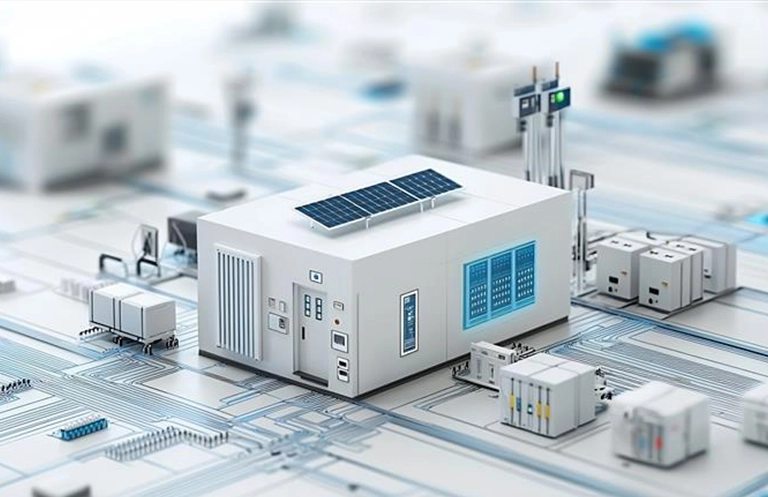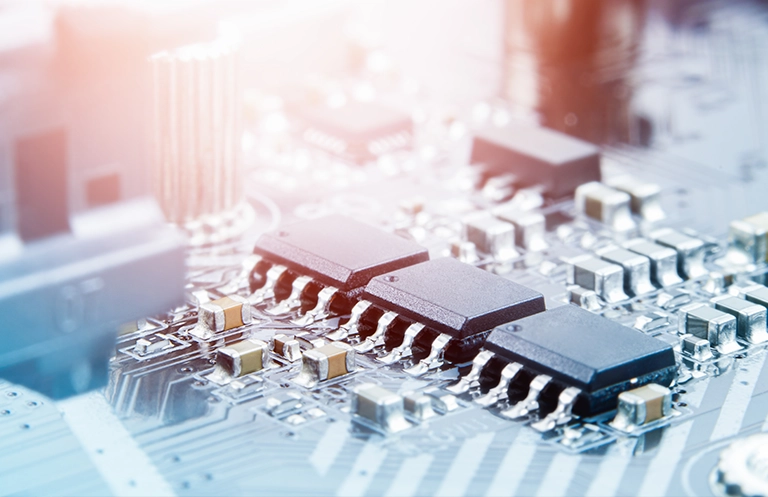Applications of IoT in Fleet Management
Fleet companies operate with strict margins due to ever-increasing fuel and maintenance costs of the vehicle. IoT in fleet management can help reduce and manage overall costs through effective utilization of resources such as vehicles, fuel, spare parts, etc. The supply chains have to be optimized for fuel efficiency, driver productivity, and minimizing in-transit damage to transported goods.

Let’s start with how to optimize fuel supplies and transport loads. Sensors can measure the capacity of loads to provide additional insights concerning spare capacities in vehicles on certain routes. By using a dashboard, the space capacity along a fixed route can be identified. This will improve fleet efficiency, improve fuel economy, and reduce deadhead miles. A connected fleet could also pave the way for predictive asset lifecycle management, which leverages analytics to predict asset failures and automatically schedule maintenance checks.
Real-time driver monitoring is essential to optimize the fleet runtime. IoT can play a key role in health and safety for drivers, by alerting them for fatigue during long distance driving. Using fleet telematics, it is possible to monitor the location, movement, status and behavior of a vehicle within a fleet by combining sensors with IoT. It has to be ensured that drivers are not too tired to operate the trucks safely. Further, in order to make sure that the trucks run 24×7, it is possible to track a number of hours a driver has spent behind the wheel along with fuel usage, through a smartphone app on the operator’s phones.
Connected logistics companies can save huge bucks on their overall expenditure, as congested routes can be altogether avoided by tracking devices and sensors leading to reduced fuel costs while reducing the costs of damaged items due to delays in delivery.
Applications of IoT in Warehouse Management Systems
Connected devices and sensors can help manage the right quantity of products, at the right price, time and place. The objective is to manage the route (journey) of merchandise from pick-up point to end point, including pick-ups, reception, quality control, reporting and forecasting etc. Across Warehouse Management Systems, there is a need to allocate every square meter effectively to ensure easy retrieval of specific goods followed by processing, and speedy delivery. Integration of IoT with Warehouse Management System (WMS) leads to the true development of pull-based supply chains (rather than push-based).

Take the example of perishable food products. As of 2017, the U.S. and Europe accounted for approximately 60 percent of all food wasted with an average 21 percent of this waste happening due to spoilage. Some of the spoilage in the Warehouse can be prevented by using sensors to capture the data transmitted by each pallet as it arrives from the inbound gateways and record parameters like dimensions, volume capacity and sending the whole data to WMS for processing.
How? It can be achieved by moving pallets to the right location more successfully, tag transmit signals to WMS and provide real time visibility for inventory controls. If the goods are temperature-sensitive, then sensors can be used to measure humidity threshold and in case of location mismatch, the warehouse manager can be sent alerts to track its exact location.
During outbound deliveries, outbound gateway can be used to track the right order; stock levels can also be automatically updated in WMS for accurate inventory control. Cameras can be connected with gateways, and pallets scanned for damage detection. We can also monitor the health and fatigue of workers, track the fixed process paths of workers, and analyze where warehouse managers can improve walkways or change a process to make the lives of workers easier and safer.
Summary
This growth of IoT in logistics industry has been made possible due to the emergence of technologies like Radio-frequency identification (RFID), Electronic Data Interchange (EDI), barcoding, wireless LAN, AVL, Automatic identification and data capture (AIDC) Technologies, etc.
eInfochips has been helping many clients with smart sensors and universal gateways solutions for complex Industrial IoT deployments.













